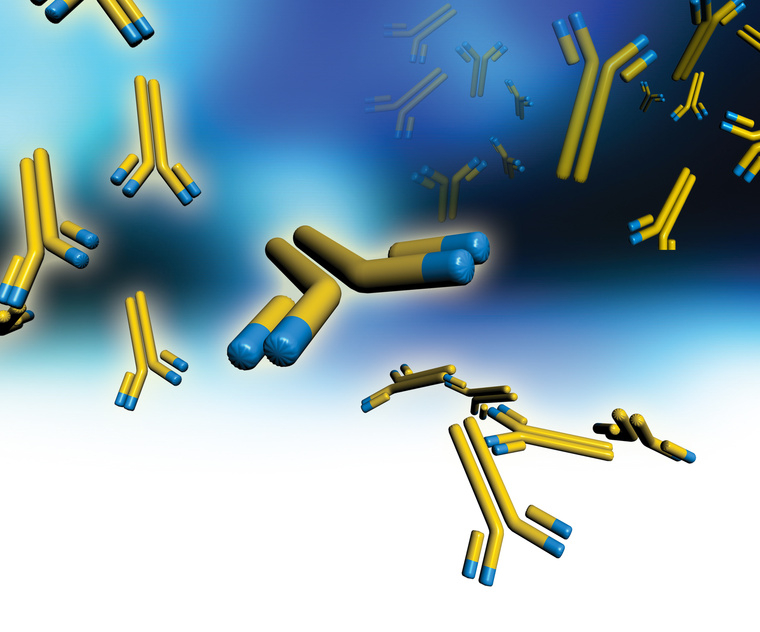 IL-17, or interleukin 17, is a protein called a cytokine which controls cell activity and an activates inflammation. In normal, healthy skin, IL-17 moves throughout it activating the immune system when there is a cut or scrape sending cells to the surface to fight infection and to begin the healing process. In someone with psoriasis, however, these signals are faulty and, for an unknown reason, the immune system reacts or overreacts to an injury.
IL-17, or interleukin 17, is a protein called a cytokine which controls cell activity and an activates inflammation. In normal, healthy skin, IL-17 moves throughout it activating the immune system when there is a cut or scrape sending cells to the surface to fight infection and to begin the healing process. In someone with psoriasis, however, these signals are faulty and, for an unknown reason, the immune system reacts or overreacts to an injury.
“It’s very interesting,” says Dr. Adam Mamelak, board-certified dermatologist in Austin, Texas. “We know that the immune system is overactive in patients with psoriasis. This over activation causes the skin to proliferate and turn over more quickly, leading to the thick scaly plaques we see on the skin.”
IL-17 has been recognized as one of the switches that turns on the body’s immune system. Recent medical studies have shown that people with psoriasis lesions have 30 times more IL-17 than those who don’t have any lesions. Furthermore, studies also have shown that reducing IL-17 can clear psoriasis.
What are Biologics and How do They Help Psoriasis?
Biologics are drugs that are generally derived from living organisms, and work to stimulate our body own immune system and innate protective mechanisms to fight disease. “We’ve basically capitalized on our body’s own way of targeting infectious agents like bacteria and viruses, and used it to block the proteins, tumor necrosis factor or the intereleukins, that are responsible for the inflammation in psoriasis,” explains Dr. Mamelak. This leads to an improvement in symptoms for many who take these drugs.
In general, biologics are antibodies that are constructed and genetically engineered to block very specific immune and inflammatory mediators, like TNF, IL-12 and 23, and now, IL-17.
Biologics work well with psoriasis and psoriatic arthritis, and many physicians prefer them over older drugs. They have few side effects and the risk of adverse reactions is typically low with their usage.
When Should You Consider a Biologic?
This depends on five key factors:
- The amount of your skin affected — if you have moderate to severe psoriasis where 3->10% of your skin is covered with plaques, then this might be a consideration.
- How psoriasis affects your life — you will have to weigh the risks and benefits of the medication over the impact psoriasis is having on your life.
- Your medical history — a biologic may not be a good idea if you have had tuberculosis, cancer, or a weakened immune system due to another disease.
- Insurance coverage — these drugs are expensive and your insurance company may want your doctor to try a less expensive treatment first.
- Administration — all of these are given by injection or IV infusion so if you are afraid of, or do not like needles then this may not be for you.
Contact Us
Dr. Mamelak treats patients with psoriasis with biologics, phototherapy and a host of other therapies at Sanova Dermatology. If you are suffering from psoriasis and would like more information about treatment options, please contact us today.
Join Us
